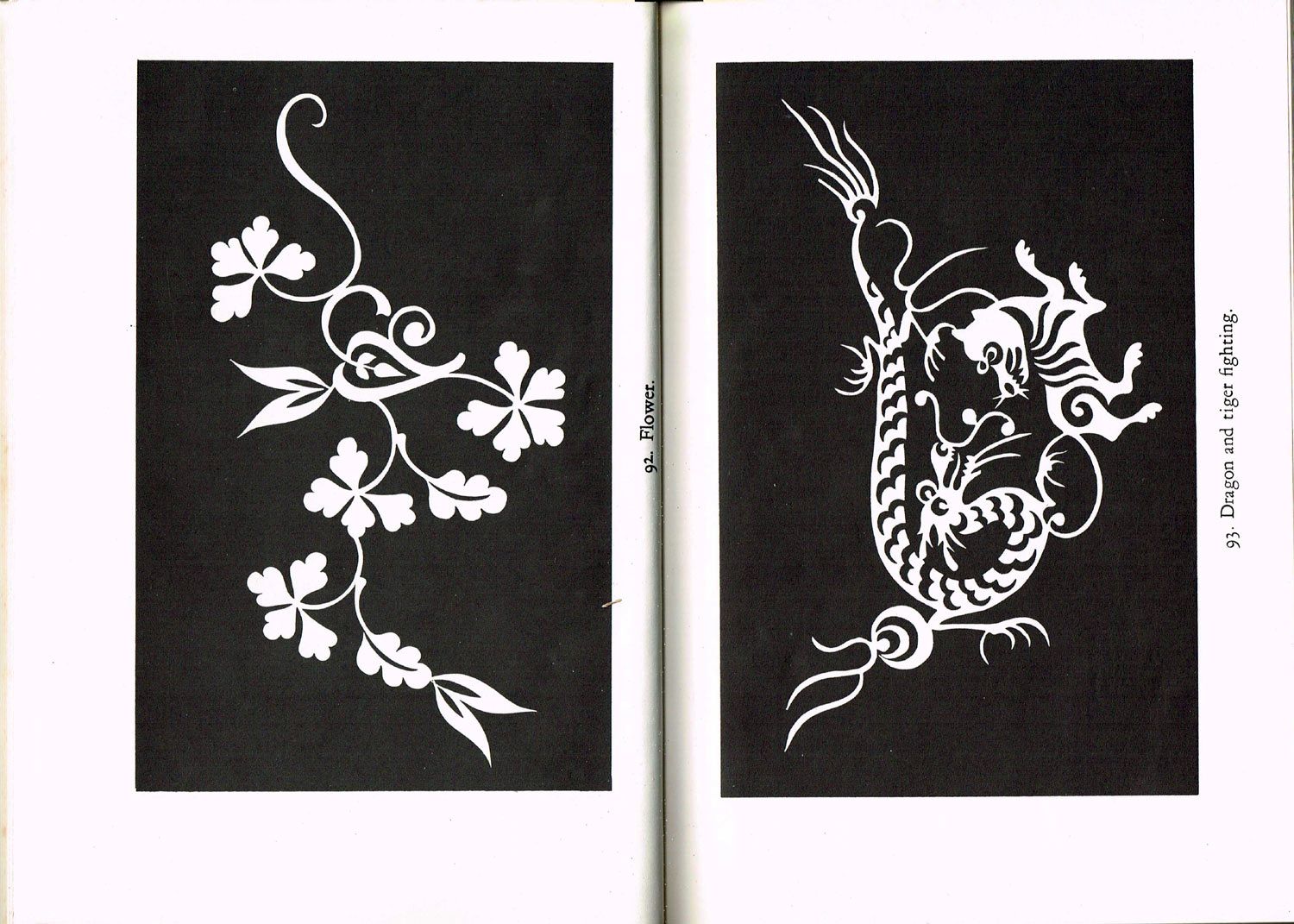Conspiracy

We tell stories about ourselves and about each other all the time. Our stories are conspiracy theories, they try to make sense of our loved ones in ways that protect our own vanity, sense of worth, dignity and ego. We trap the other people in our stories of them and they become the characters in the stories we make up for them. Every gesture serves to confirm the conspiracy and is judged and condemned. To a certain degree, stories have cursed and saved my family.
In order for me to break its spell, I must enter into the world of these wicked stories, I must step into that world of my mother. I must not collide with the stories on the outside, I must gently engage with it from the inside. One way to do that is by offering a counter story of the same experience from my perspective. Another important thing is to remember to let go of the stories of my mother inherited from my father and aunt - they also spun skewed stories of her.
However, because i’ve been brought up with conspiracy theories, my stories are naturally conspiratorial. Of course, I construct these stories about my family as my family have made up stories about me. As with any text, the reading will defer from person to person. Wu Zetian, the notorious Tang dynasty empress regnant, conflated myth and history, and legend and fact, to legitimise her reign. This, she called an honest conspiracy. Perhaps my mother would agree with this definition.
My reading of Trinh T. Min-ha’s idea of speaking nearby, instead of speaking for, is to give space for interpretation – to not lock and project my bias as my mother's truth, and objectify it as an intellectual object of study. Story-telling helps me immerse into her terms, world, experiences and language. Story-telling allows me to get a peak into that world and see it as my own construct, without confusing it for a totalising picture of my mother.

